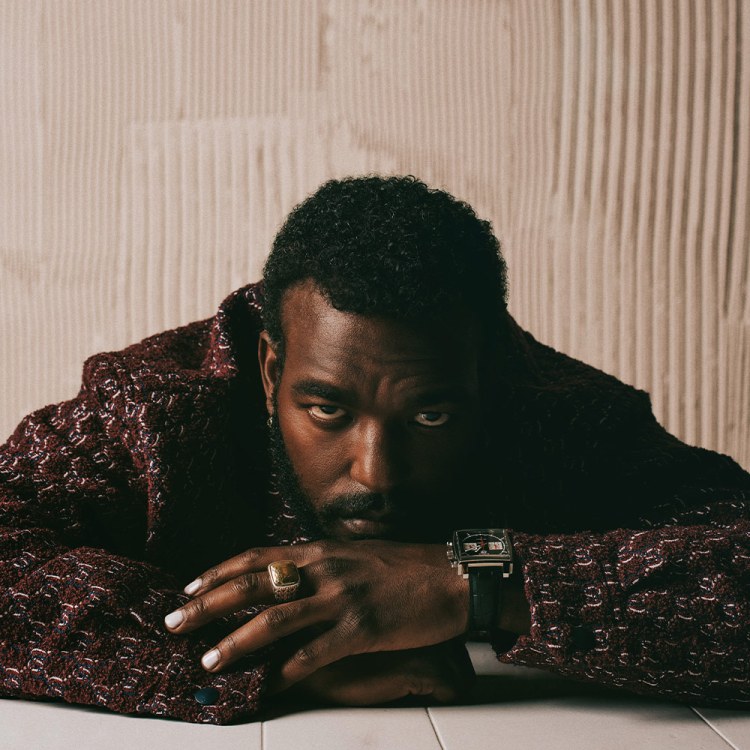A new book by historian James Delbourgo looks into the the history of the British museum—and its ugly origins. The narrative of Collecting the World: Hans Sloane and the Origins of the British Museum follows Englishman Hans Sloane, who worked his way up the social ladder by becoming a physician and traveling to Jamaica, reports Smithsonian Magazine. He collected tens of thousands of items that are the basis today for the British Museum. But he also participated in and profited from the Atlantic slave trade, which is part of the British Museum’s legacy that is often overlooked.
Smithsonian spoke with Delbourgo about Sloane’s legacy, the objects he collected, and how museums should discuss and reckon with their often dark origins.
Delbourgo told Smithsonian that Sloane needs to be remembered because he created the “first truly public museum anywhere in the world.” When he died in 1753, he set up his will to ask the British Parliament to buy his collection for £20,000 and set up a public museum that would be free for everyone, regardless of citizenship.
Sloane’s collection can both look very modern or “completely out of date,” Delbourgo told the Smithsonian. He collected all sorts of strange, exotic, and interesting things that form natural history. Delbourgo explained that his book tries to get readers to understand where the British Museum comes from.
Delbourgo said that “there is no doubt that slavery played a foundational role in Sloane’s life and in the career that led to the British Museum.” He spent almost a year-and-a-half as a plantation doctor in Jamaica, and he married a Jamaican heiress. Money went into the family coffers from slave plantations for many years. He collected clothing worn by slaves, nooses, and whips used to punish and execute slaves. He also collected specimens, both skin and skulls, from slaves.
Delbourgo’s hope is that the British Museum, and other museums worldwide, will stop being so “elusive” and will tell the stories of where they come from and where the collections come from. He thinks they have to join in “reckoning with where these collections come from.”
“Museums have an obligation to the public to tell the stories of those relationships to allow the public to understand the past much better,” he said, according to Smithsonian.
Read the full interview through the link below.
This article was featured in the InsideHook newsletter. Sign up now.























